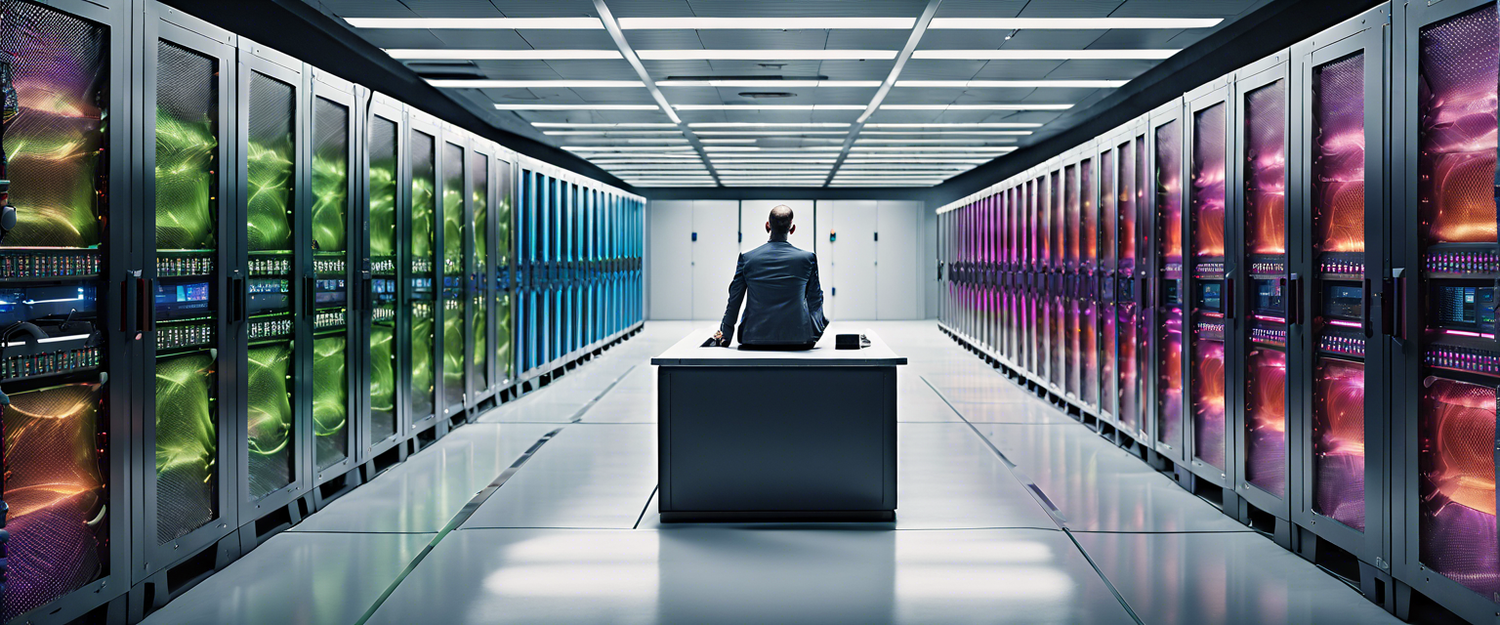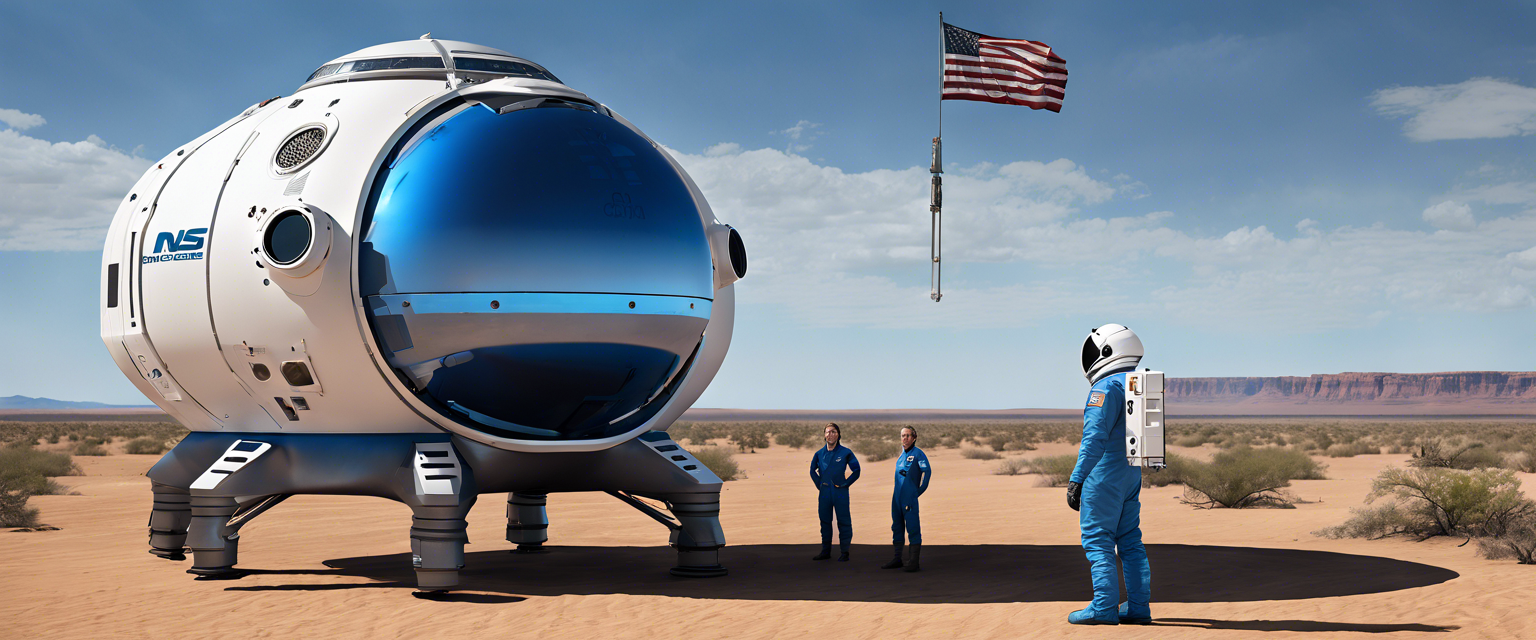Nuclear Power: The New Frontier for Tech Giants
As data centers continue to consume increasing amounts of electricity, tech giants like Amazon and Microsoft are turning their gaze toward nuclear power. This year, both companies have made significant deals with US nuclear plants, signaling a shift in strategy to harness energy that can support their growing needs while also addressing their climate commitments.
Energy Demand and Carbon Emissions
The rise of AI and other technologies has escalated energy demands, pushing companies away from their carbon-neutral objectives. Nuclear energy emerges as a potential solution to these dual challenges, offering a stable power source that can operate continuously, unlike other renewable options that may fluctuate based on environmental conditions.
According to Mark Morey, a senior adviser for the US Department of Energy, the nuclear industry’s future appears to be more promising today than in the past decades. "Certainly, the prospects for this industry are brighter today than they were five and ten years ago," says Morey.
Nuclear’s Role in Data Centers
Data centers require a steady and uninterrupted supply of electricity, operating 24/7 unlike traditional businesses that may only require energy during the day. Nuclear power, known for providing baseload energy, is increasingly attractive for these facilities.
- Stable Energy Source: Nuclear plants offer dependable power, which aligns perfectly with the operational needs of data centers.
- Reduction in Carbon Footprint: By sourcing energy from nuclear reactions, tech companies can mitigate growing greenhouse gas emissions.
Recent Developments in Nuclear Power
In a groundbreaking move, Microsoft has signed an agreement to revive the shuttered Three Mile Island nuclear plant by 2028. Bobby Hollis, Microsoft's VP of energy, stated, "This agreement is a major milestone in Microsoft’s efforts to help decarbonize the grid."
Similarly, Amazon Web Services recently purchased a data center powered by the Susquehanna Nuclear Power Plant in Pennsylvania, securing a vital energy source for its operations.
Small Modular Reactors: A Game Changer?
Tech companies are also exploring the potential of next-generation small modular reactors (SMRs), which present advantages in terms of size, cost, and flexibility compared to traditional nuclear plants. Recently certified by the US Nuclear Regulatory Commission, these reactors could pave the way for more modular and affordable nuclear solutions.
Bill Gates, founder of TerraPower, is a strong advocate for the advancement of nuclear technology and its role in addressing climate change challenges. Gates asserts that nuclear energy has the capacity to revolutionize power generation for tech companies.
The Future of Nuclear Energy
A recent Department of Energy report indicates that US nuclear capacity might triple by 2050, thanks to evolving demand from electric vehicles, new data center constructions, and broader manufacturing growth. However, regulatory challenges and public concerns, including uranium mining impacts and radioactive waste storage, need to be addressed.
Conclusion
The increasing collaboration between tech giants and the nuclear energy sector could catalyze a new wave of investment, enhancing both power generation capacity and sustainability efforts in the coming years. As companies strive for net zero emissions, nuclear energy might just hold the key to achieving these ambitious goals.
As Morey aptly puts it, "It’s an interesting time, challenging in many ways." The evolving narrative surrounding nuclear power demonstrates its pivotal role in shaping the energy landscape of the future.



コメントを書く
全てのコメントは、掲載前にモデレートされます
このサイトはhCaptchaによって保護されており、hCaptchaプライバシーポリシーおよび利用規約が適用されます。